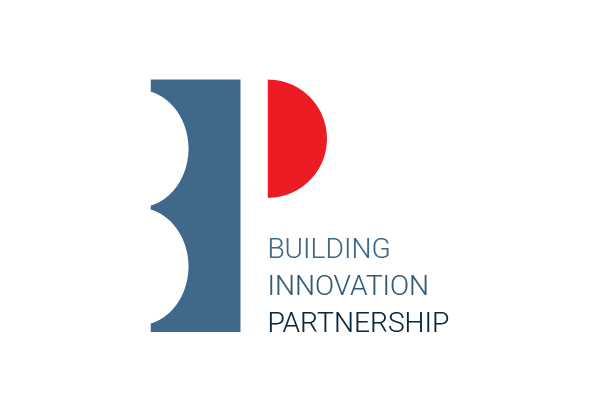The aim of this theme is to identify and characterise ‘best’ pathways and technologies for reducing carbon emissions from buildings, construction and communities.
Pathways to Net-Zero Buildings and Communities
This project evaluates the impacts of these five strategies for reducing carbon emissions from buildings and communities. A systems modelling approach is used to evaluate these strategies because focussing on just one strategy, improving building energy efficiency for example, without considering others at the same time will not produce ‘best’ economic and environmental outcomes for building owners or communities.
Outputs coming soon.
Concrete New Zealand Roadmap to Zero Carbon
This project, undertaken as part of the Building Innovation Partnership research programme, will develop and promulgate the New Zealand Concrete Industry Roadmap to Zero Carbon Concrete 2050.
Outputs coming soon.
Energy Retrofit of School Buildings
The building industry contributes to greenhouse gas emissions (30%), energy consumption (40%), and waste (32%) worldwide. Given the scope of school buildings in New Zealand, energy retrofitting can significantly reduce energy consumption and greenhouse gas emissions. However, decisions regarding school building energy retrofitting are not straightforward, as they often involve multiple conflicting objectives (e.g., environmental vs economic objectives). Thus, the objectives of the research are to (1) investigate the relationship between lifecycle cost (LCC), total energy consumption, lifecycle assessment (LCA), and the thermal comfort of school buildings and (2) identify the optimal energy retrofit packages for school buildings, based on the trade-off among different performance indicators.
Outputs coming soon.
